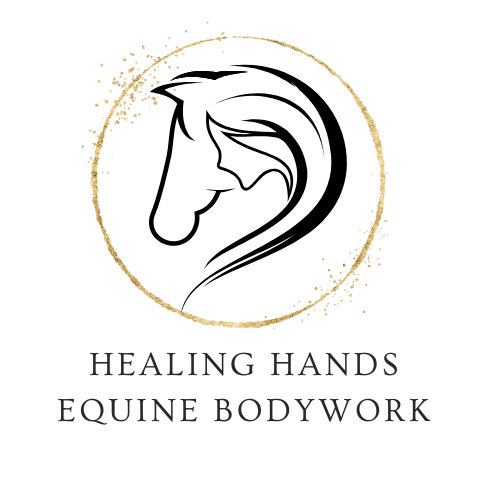Are you willing to change your story?
Whenever I sign up a new client, I have them complete a pretty extensive questionnaire. The questions are aimed not just at what is going on with the horse, but also at the owner/rider/trainer. It allows me a glimpse into the connection between two individuals who may not be talking about the same thing at all and also gives me two different view points.
The beauty of this process is that the person gets to tell me her or his side of the story, and so does the horse. Interestingly enough, they are not always the same. BUT, having both, I get the incredible chance of bridging that gap.
We so often tell ourselves stories to make sense of things happening in our lives. It allows us to put it into context. It allows us to connect the dots so to speak. But it can also get us stuck in that story. You know when you read a book, and you get really attached to the characters, their stories and how they intertwine. And then you reach the last page. And you almost feel a bit lost because you entered that story, not as a main character of course, but as a by-stander. Watching through the windows, becoming connected to the story itself, making it your own.
Sometimes, that's how it happens with our life as well. We put our horse's behavior into a story, filling in the blanks with things we have learned through our life, without sometimes questioning the truthfulness of it.
Are the assumptions we make really what is happening?
Is our horse really resistant and acting up?
Is he really not interested in working today?
Is he really just looking for things to spook at?
If the story you tell yourself is keeping you from connecting with your horse, CHUCK IT!
I happened to work on a client's horse and they were heading to a show a couple days later, excited about it, prepared for it. And then it started raining. And the story started:
"She so hates to run in the mud! We will have problems with this."
A story. Built on a few bits of data - holes filled in to put the feelings of anxiety and fear into context, blame assigned prior to anything happened.
Here is what I said: Tell your horse she is a Rockstar (capital R!) and believe it. Tell her you are a team, you got her back and she has yours. Picture the easy sailing over the jumps. Change your story!
If you want to tell a story, change it to one that allows you to succeed. One that helps you to connect with your horse, your team mate. Build a story that allows your horse to demonstrate his or her best.
The door to connection lays in your ability to see your horse with understanding and compassion. And that means we have to lay aside our OWN story. Our story of past failures, of past hurts, of fear and disillusion. To be a partner to your horse, we have to stop being the victim.
By holding on to our story - our horse acting out, being resistant, lazy etc, we put all the responsibility on him. But it lies within us. Within our own stories of not being heard, not being seen, not being acknowledged. Of perceived failures and short-comings.
When we come from a place of acceptance and compassion, it is a position of strength. It allows us to see possibilities and solutions where others only see problems. It allows us to stay open to connection on a whole different level.
Your conversation turns from antagonism to support. You changing your story makes all the difference.
A really simple formula for our life with our horses is this:
E + R = O Event + Response = Outcome
It is our response to an event that determines the outcome. It isn't the actual event. Our horses will spook, get scared, not feel good, dislike running in the mud. It is OUR response that determines the outcome. And not just for that moment.
So change your story, change it to a story that comes from YOUR best self so you can help your horse achieve his.
And to circle back to my client: they had an awesome show, did well and big smiles all around.
Have the conversation that matters.
